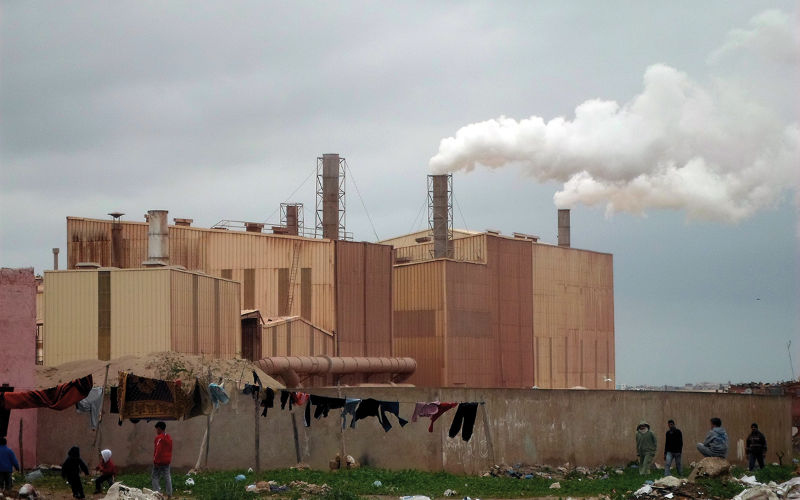Morocco’s Exporters Race to Prepare for EU Carbon Tax Deadline

As Morocco prepares for the entry into force of the European carbon tax, many Moroccan companies are still lagging behind. Loïc Jaegert-Huber, regional director of ENGIE North Africa and president of the Clean Energy Commission of the Moroccan Association of Exporters (ASMEX), speaks about the issues.
In Morocco, the Carbon Border Adjustment Mechanism (CBAM) will come into force in less than a year. Some Moroccan companies are already active. "Awareness is real, but the level of preparation remains heterogeneous," observes Loïc Jaegert-Huber in an interview with the magazine Challenge. He will specify: "Some large groups have already started their transition, but many SMEs are still struggling to fully integrate the requirements of the CBAM." And for good reason, many obstacles to overcome: access to emissions data, the initial cost of low-carbon investments, and the lack of internal resources, trained in the issues of decarbonization, etc.
The stakes are high: Moroccan industrialists must reduce their carbon footprint to have access to European markets. "The issue is no longer just environmental, it is becoming commercial," emphasizes the president of the Clean Energy Commission of the Moroccan Association of Exporters (ASMEX).
While the sectors directly concerned by the CBAM - such as fertilizers or cement - have started to take the plunge, others are still lagging behind. Textiles and agri-food, for example, "will be in the line of fire, by 2027-2028," the magazine reports.
Jaegert-Huber recommends that companies that must comply with the new European rules measure their emissions, identify short-term reduction levers such as energy efficiency or local sourcing, and integrate the low-carbon transition into their export strategy. He also calls on them to strengthen public-private synergies, accelerate low-carbon labeling and develop targeted technical and financial support. These companies can benefit from support mechanisms, carried in particular by ASMEX, AMDIE or international donors.
The expert believes that the carbon tax should not simply be seen as a constraint, but it could represent an opportunity for the most agile companies. "Companies that invest today in clean technologies will be more competitive, more resilient, and better valued by their international customers tomorrow," he said. With its increasingly green energy mix, Morocco "can become a low-carbon industrial platform of reference between Europe, Africa and the Middle East."
The first sectors to be affected in the first phase of the CBAM are: iron, steel, aluminum, cement, fertilizers, electricity, hydrogen... Then "the most vulnerable sectors (which) are those that are highly emitting, poorly capitalized or highly export-oriented, such as fertilizers, cement, textiles and agri-food," Jaegert-Huber specified.
Related Articles
-

Morocco’s Airport Duty-Free Zones Spark Outrage: Dirham Debit Cards Rejected, Consumers Demand Change
1 September 2025
-

Morocco Braces for Fuel Price Drop: Diesel Could Plunge 30 Cents, Bringing Relief to Drivers
1 September 2025
-

French Air Traffic Strike Threatens Chaos: Over 1 Million Travelers Face Flight Cancellations
1 September 2025
-

Revolut Eyes Morocco: Fintech Giant’s Entry Could Shake Up Banking for Locals and Expats
1 September 2025
-

Morocco’s Gold Paradox: Imports Soar 51% as Local Jewelry Market Stagnates
31 August 2025